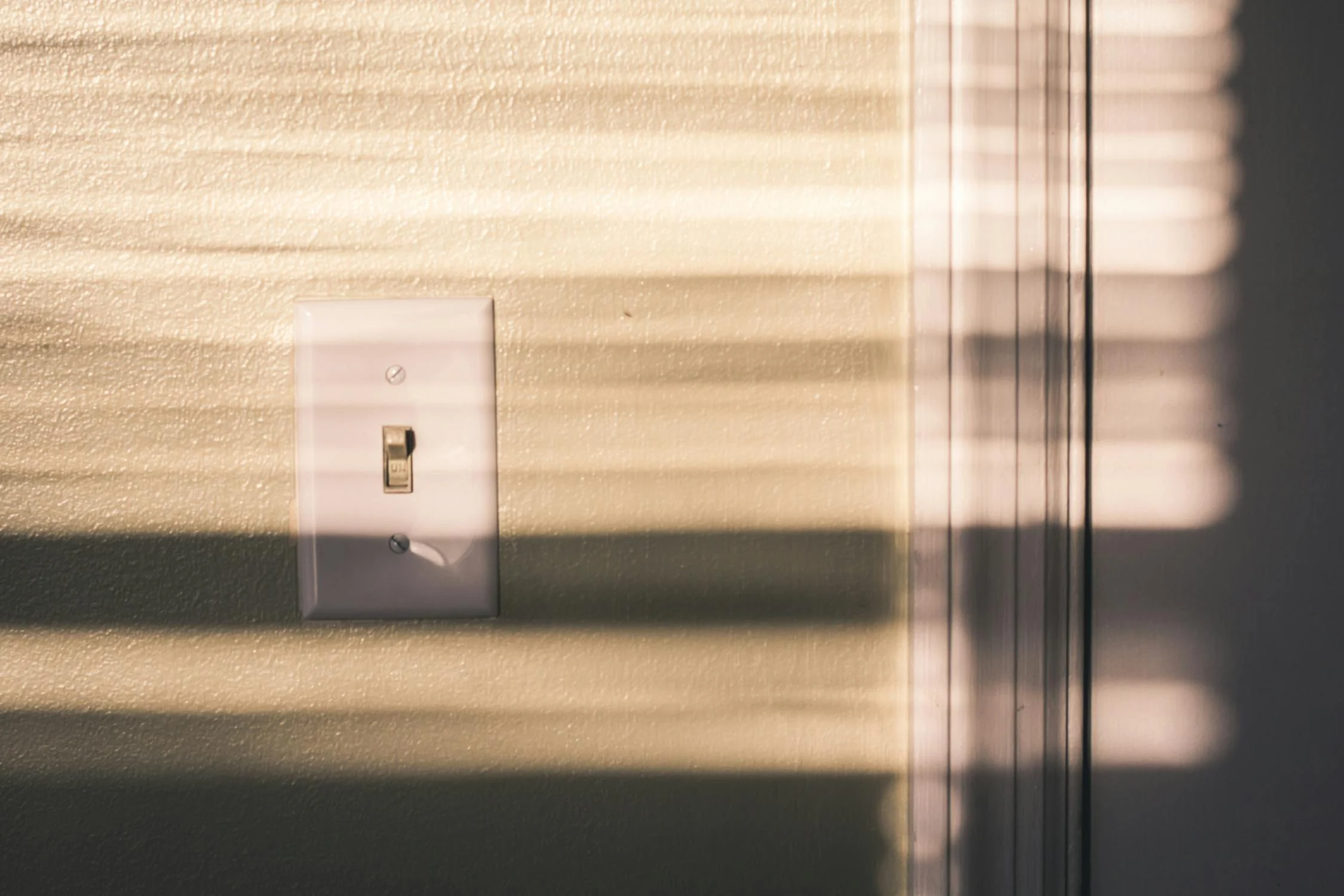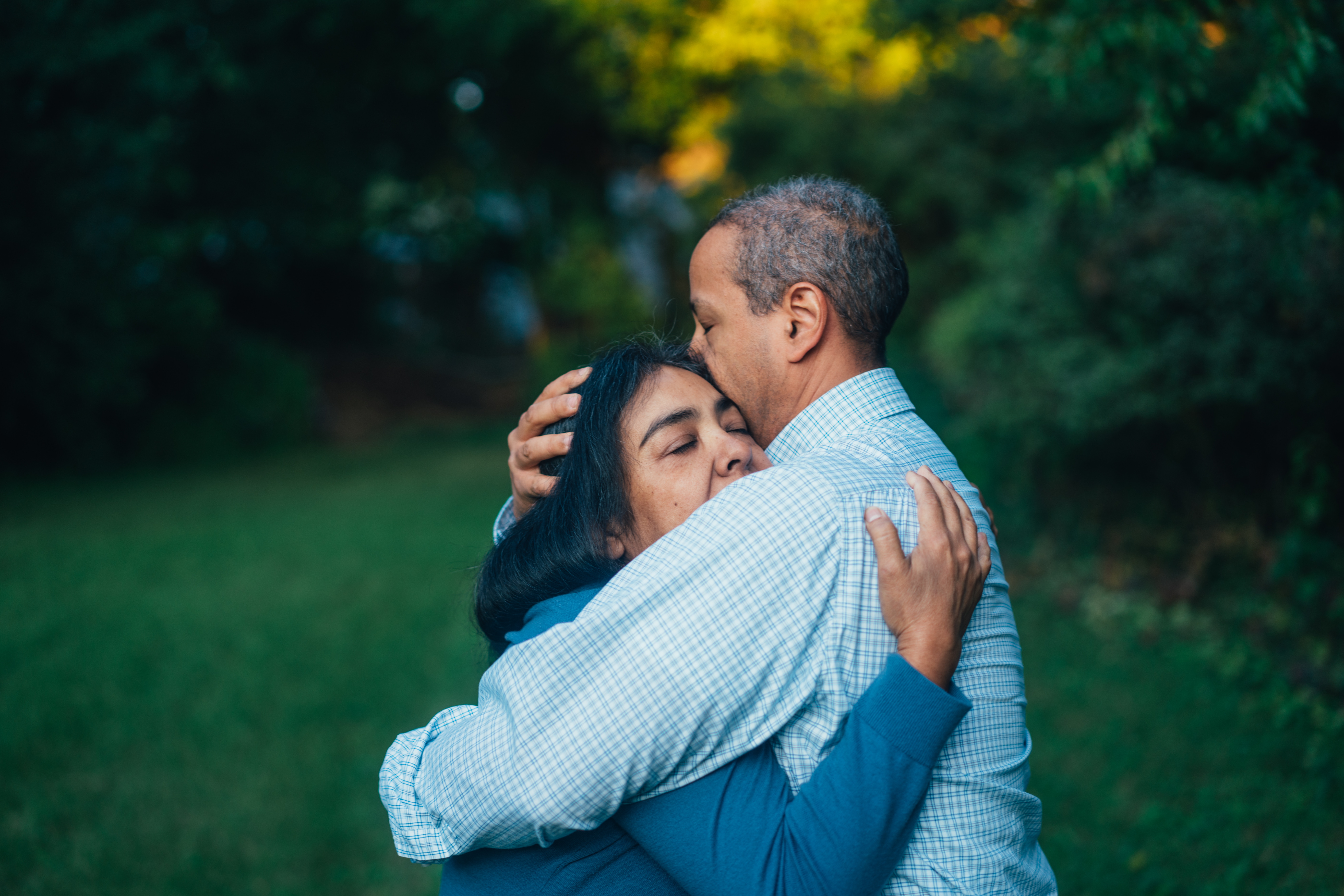Ask any relationship counsellor or therapist to name one key issue in ALL relationships and they will likely say: TIME.
Too much, too little, a refusal to make plans, a focus on always having things fixed down, being the one who always makes plans, never being able to say no, not knowing how to say yes, agreeing to spend time when we know we want more but cannot say, agreeing to spend time together when we really want some time apart. The issues we can have with time when it comes to relationships are many and varied and impact on all types of relationships, not just romantic or sexual ones.
This sensitivity about time is often because of a tendency to see time spent together, as well as future intentions re time spent together, as a measure of whether a relationship is serious and / or “going somewhere”.
This can be true, of course. We, surely, all choose to spend time with people that we care for but it’s a very socially and culturally created and reinforced idea that we spend MORE time, even ALL our of our time, with the people that are MOST important.
I have been guilty in the past of counting up hours on the calendar, of cross referencing my time with a partner with that spent with others and even with themselves.
There are many different relational demands on our time: family time, friend time, hobby time, down time, shared event and activity time, time spent doing chores / errands / life admin as well as some space to allows us to be spontaneous and responsive.
We all have different needs when it comes to time and these needs can change too, according to current circumstances – nothing is fixed
Sometimes things need to be rearranged or cancelled because our needs change – maybe we are ill or in need of work or creative time, of something other than what we planned, maybe we just need to sleep or be somewhere else. Personally, I would always want someone to actively choose to spend that time with me and never to feel OBLIGED, despite how disappointed I might feel when plans change.
Conscious relationships are all about choice and agency. They are about saying, in times of conflict and difficulty, this is not easy but I still choose to commit this time to being with you. It is about being honest when a plan no longer works and about why. It is okay to change your mind about spending time with someone. It is okay to ask for more closeness or less. It is never okay to demand it.
When it comes to making new friends or getting to know new partners, we need to be honest about the amount of time we can commit to spending with a person and make it clear what is typical for us as well as being clear when there are other things going on. I like to be clear that I do not text everyday and that I only see my long term partner about once a week, sometimes less, so that people I am getting to know understand that no-one, bar myself and my children, get days and days of my time.
I see now that plans in the future are like shadow scaffolding around my heart and soul – they cannot really support me
The early stages of romantic relationships can impact on all of our other relationships, including the one we have with ourselves. New Relationship Energy (NRE) and the time consuming feelings it can produce can be magical but we also need to be aware that this is just now move in the getting to know you dance. For too many people, the NRE stage sets the bench mark for how much time we spend together. This can be unhelpful in a number of ways. Firstly, we often neglect our friends and other interests in the excitement of meeting a new person. Secondly, we can get caught up with the new person in a way that does not allow us to notice the patterns and triggers that are going on. Thirdly, when the NRE stage starts to pass or when work, friendships and the rest of our lives comes calling again and needs out attention we, and they, can feel rejection or guilt about spending less time with the other person.
The need for space and separateness inside our togetherness is both well known yet very tricky to navigate. We need to see ourselves as Rilke put it: as two solitudes protecting each other.
What time apart and together means needs to be discussed in the specific context of your relationship as it is right now. How we manage differences in need and expectations is a marker of how emotionally aware and intelligent we are. It is vital that we check in with all the people we care about and give them space to discuss how they feel about the connection you and they share and how that currently manifests itself, perhaps even what they hope for in the future even if it more of the same.
This is especially vital in non-monogamous relationships where you are perhaps a cared for friend and/or sexual partner but not a “partner” in the girlfriend/boyfriend/enbyfriend /romantic and/or sexual kind of way. These conversations can be tricky, especially as often there is an imbalance in terms of feelings and expectation, but this makes it even more important that everyone speaks the truth of how they feel and where they are – anything else lacks authenticity and is likely setting up future problems.
In truth, so much of this is about need cross-referenced with urgency; about really feeling into ourselves about whether time together is being chosen or just obligated / assumed. It is about looking at our expectations about that time (whether it includes certain activities, for example sex, or sleepovers or food / TV) and about allowing time across the time you share: allowing an ebb and flow, a towards and away, and to see any conscious de-escalation, breathing spaces and times apart, as just part of the dance of connection.
This also goes for the making of future plans – wether that is for the next few weeks or years. I like Sophie Graham’s rule of thumb: never make plans for further ahead than you have been together.
Making plans for the short and long term has often been my way of making myself feel secure. I saw future plans together as both reassurance of my importance in the now as well as a guarantee that, in the future, the feelings would be the same. Now, I understand that plans in the future are like shadow scaffolding around my heart and soul – they cannot really support me. I need to develop trust in my ability to feel and handle the truth of mine, and their, feelings in the future, whether that be tomorrow or five years from now. I need to trust that I am important to them even when they are not physically here and to see that there is so much more to what we share than an equivalency of minutes and hours.
When it comes to time, one of the key things we can do is look beyond it. Think about all of the things that are done for you and in your relationship(s) that are not linked to time. Will that person hold space for you to talk? Do they listen? Do they give you what you need when you are together, as much as is possible? Do they send check in messages / gifs or images? Are they present when you are together? Are they connected to your life in the ways that you would like or is there a mismatch in what you have and what you have asked for?
By looking beyond time and, instead, at the relationship as a whole, as well as at how readily those in the relationship are able to talk, and be heard, when it comes to time and needs around time, we can get to the truth of the connection beyond the minutes and hours we spend together.



















